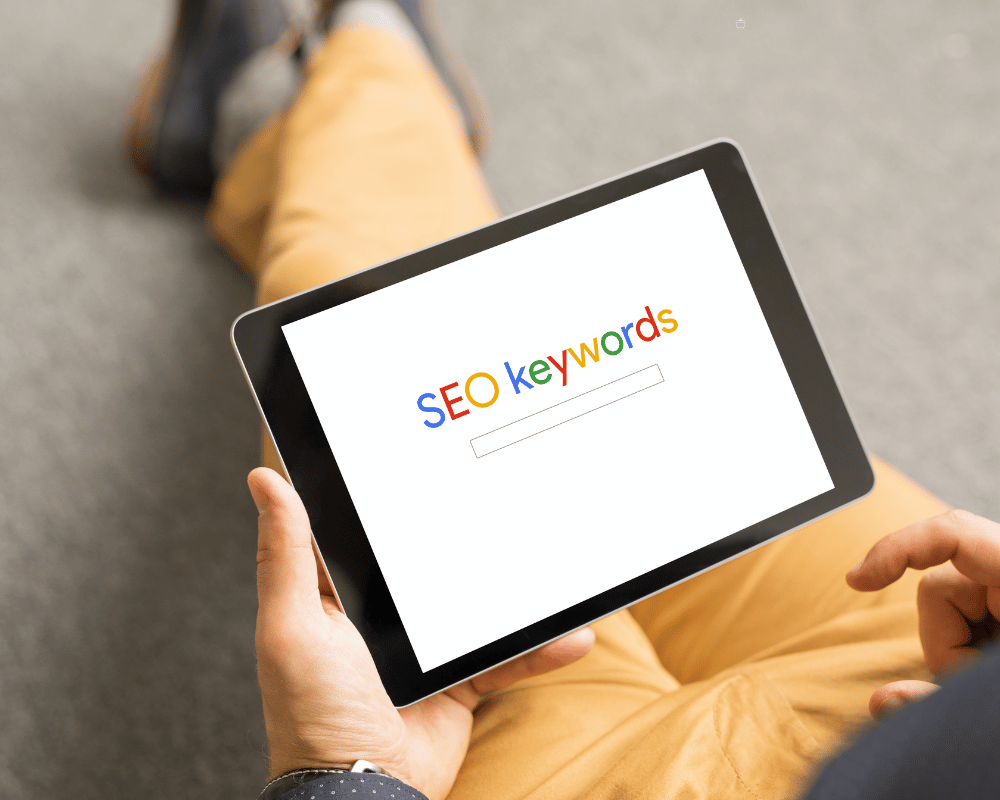Small business owners are always looking for methods to increase their clientele and remain competitive in the fast-paced digital world of today. Search Engine Optimization (SEO) is one of the most successful – but sometimes misconstrued tactics. Is SEO, however, really worth the cost for small businesses? In a nutshell, yes. Let’s take a closer look! Keep reading to learn more about how search engine optimization can help your small – medium business in your area.
What Is SEO and Why Does It Matter?
Defining SEO
Search Engine Optimization, or SEO, is a digital marketing tactic aimed at increasing a website’s exposure on search engines such as Google, Bing, and Yahoo. SEO enhances the functionality and content of your website to increase its visibility in natural search results. We also have our own secret optimization tactics at Orbit Optimizations that differentiate us from other SEO companies! 🙂
The Role of Search Engines in Business Visibility
When potential customers search for services or products you offer, you want your business to be found — ideally on the first page of Google. According to Backlinko, the top result on Google gets about 27.6% of all clicks, while results on the second page receive less than 1%.
You’re losing out on money if your business doesn’t show up.
Benefits of SEO for Small Businesses
1. Increases Online Visibility
The biggest advantage of SEO is unquestionably an increase in online brand and web visibility. When your website ranks higher on search engines, more people see your brand, visit your site, and become potential customers. Ranking for your service can improve your sales – no matter how much search volume the keyword has because when a customer looks for what you offer, you are appearing on page 1 of search results. Start ranking on search engines for your service in your area with Orbit Optimizations in Canada or the United States. We are Canadian-owned but serve customers across North America with digital marketing services.
2. Builds Credibility and Trust
Websites that appear on the top page of search results are typically seen as more trustworthy and dependable by users. Google’s algorithms favor websites with excellent user experiences, fast load times, and authoritative content – all elements of successful SEO.
3. Drives Targeted Traffic
SEO attracts organic traffic, or those who are already looking for what you have to offer, as opposed to paid advertising. This means you’re reaching people with real intent to purchase, increasing your chances of conversion.
4. Delivers Long-Term Results
While paid ads stop delivering traffic the moment you stop paying, SEO is a long-term strategy. Your website can stay highly ranked for months or even years if you continue to optimize it or join our monthly plans.
SEO vs. Other Digital Marketing Channels
SEO vs. Paid Ads
While Google Ads can get you immediate visibility, it comes at a cost. Once you stop paying, your visibility disappears. In contrast, SEO establishes a reliable brand presence on Google and other search engines.
SEO vs. Social Media
Social media helps build brand awareness and community, but people use Google with purchase intent. If someone searches for “home builder near me,” they’re likely ready to hire. SEO brings your business in front of customers who are ready and interested in your service or product that you offer.

Common SEO Myths Among Small Business Owners
“SEO Is Too Expensive”
SEO services vary widely in cost, and while it’s true that quality SEO isn’t free, it doesn’t have to break the bank. Many SEO agencies and freelancers offer packages tailored to small business budgets.
“I Can Just Run Google Ads Instead”
Ads are effective, but they don’t replace SEO. SEO increases organic brand authority and is more beneficial in the long run. Every professional company should rank for their name and services on Google search.
“My Industry Is Too Competitive”
Every business, even in a competitive space, can benefit from localized SEO or long-tail keyword targeting. Particularly for small enterprises with a distinctive value proposition, there is always a niche to claim.
How to Determine Whether SEO Is Appropriate for Your Small Company
You Have a Website but No Traffic
If you’re not getting consistent visitors, SEO can help make your site discoverable.
You Serve a Local Community
Local SEO is one of the most powerful tools for small businesses, helping you rank in searches like “electrician near me” or “best maternity photographer in [city].”
You Want Sustainable Growth
If your goal is to build long-term success and passive lead generation, SEO is a must-have part of your strategy.
Local SEO: A Game-Changer for Small Businesses
What Is Local SEO?
The primary objective of local SEO is to optimize your website and online presence to attract local clients:
- Google Business Profile optimization
- Local citations (directory listings)
- Localized keyword targeting
- Customer reviews and ratings
Why Local SEO Matters
For small businesses relying on foot traffic or serving specific regions, local SEO is a game-changer. In fact, 76% of people who search for something nearby visit or contact a business within 24 hours.
What Does a Successful SEO Strategy Include?
1. Keyword Research
Finding the terms your potential customers are searching for is the foundation of SEO. This includes:
- High-volume keywords
- Long-tail keywords
- Local modifiers (e.g., “best dentist in Chatham Ontario”)
2. On-Page Optimization
This involves making your website’s components more efficient, such as:
- Title tags and meta descriptions
- Header structure (H1, H2, H3)
- Internal linking
- Image alt tags
- Page load speed
3. Content Creation
Publishing high-quality, relevant blog posts and landing pages positions your business as an authority and helps rank for more keywords.
4. Technical SEO
This includes behind-the-scenes elements like:
- Site architecture
- Mobile-friendliness
- Secure HTTPS
- Fast load times
5. Link Building
Backlinks from reputable sites boost your domain authority. A strategic link-building campaign can make a huge difference in rankings.
6. Google Business Profile Optimization
Your GBP (formerly Google My Business) is crucial for local visibility. Update it with current company information, images, and client testimonials.
How Long Does SEO Take to See Results?
SEO isn’t a quick fix. Most businesses start seeing measurable improvements in 3–6 months, but the full impact may take 6–12 months depending on the competition, industry, and current site status.
That said, once you gain momentum, SEO delivers compound returns over time — something that paid ads can’t replicate.
Choosing the Right SEO Partner
When hiring an SEO professional or agency, look for:
- Transparent reporting
- Proven case studies
- Custom strategies (not cookie-cutter packages)
- Clear communication
Avoid anyone who promises “#1 rankings overnight” – SEO done right takes time and expertise. No SEO company can control what Google does completely. Search engine optimization simply optimizes your current website for Google to better understand and trust your website, so it values your domain and company over competitors. SEO can also make your business stand out using Google maps and organic search result rankings.

Final Verdict: Is SEO Worth It for Small Businesses?
Absolutely.
Whether you’re a local bakery, online coach, photographer, or eCommerce brand, SEO helps build online authority, drive targeted traffic, and generate consistent leads or sales without depending entirely on paid ads.
When approached strategically, SEO isn’t just worth it – it’s essential for long-term growth.
Take the Next Step: Invest in SEO Today
Are you still unsure if investing in SEO is worthwhile for your small business? Consider this: if your competitors are ranking higher than you on Google, they’re likely capturing leads that could be yours. Start small if needed – even basic on-page optimization and a well-optimized Google Business Profile can create meaningful impact.
Ready to take your business to the next level? Work with an experienced SEO professional or agency who understands your industry, your goals, and your audience.

